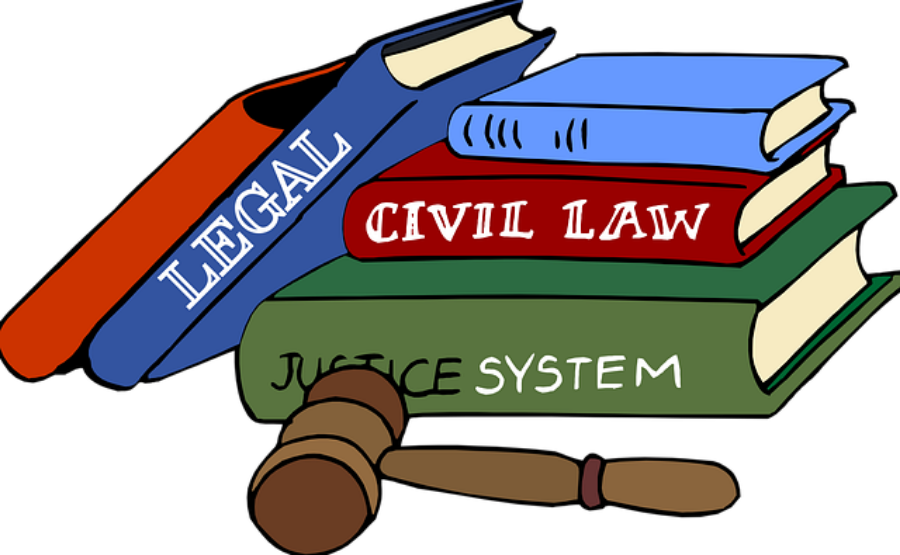
When working in a law firm you are often called upon to take an affidavit or declaration of a client, so most law firms - especially small ones - maintain commissioner appointments for a number of their support staff. As a long-time legal assistant, I have been a Commissioner for Oaths for many years.
A Commissioner for Oaths is not to be confused with a Notary Public. A Commissioner does not have the authority of a Notary, however, a Notary has all the powers of a Commissioner. In some provinces, a Commissioner is called by a different name. In Ontario, Prince Edward Island and British Columbia, you would be a Commissioner for Taking Affidavits. In the Yukon, Notaries are Commissioners and there is no application process for non-notaries.
What authority does a Commissioner for Oaths have?
A Commissioner for Oaths is authorized to administer oaths on documents within the province or territory that he / she has been appointed in. In other words, a Commissioner can take affidavits, affirmations and declarations in the jurisdiction of appointment. For instance, a Commissioner appointed in Alberta could take an oath on an affidavit on a Transfer of Land to be filed with the Alberta Land Titles Office, but could not administer an oath for a document to be filed in Manitoba.
For out-of-jurisdiction documents, you need a Notary Public. A Commissioner cannot sign passports, certify official documents, or authenticate signatures. Only a Notary can do those things. And in the Province of Québec a Commissioner cannot take the affidavit of a close relative (parent, sibling or child).
Who can become a Commissioner for Oaths?
In general, anyone who is of legal age and a resident of the province or territory can apply to become a Commissioner. Some provinces, like Manitoba, require you to be a Canadian citizen, landed immigrant, or permanent resident. British Columbia and New Brunswick prohibit anyone with a criminal record from applying. And in most cases the government body granting appointments will consider your employment as a factor.
In general, only applicants whose jobs may require them to take oaths (legal support staff, government workers, contracting firms, etc) will be appointed. So if you're thinking of becoming a Commissioner as a sideline to make extra money, think again. You must also show that you have studied and understand the procedures for taking oaths, affirmations and declarations. In B.C., Alberta and Northwest Territories, for example, you must pass an administered test in order to get your appointment.
Can a Commissioner for Oaths charge for his/her services?
In most cases you can charge a fee for your services, although the province or territory may set a maximum amount that can be charged for commissioner services. Most commissioners are employed by companies who use their services regularly (such as law firms), and those services may be billed to clients if and when appropriate.
How much does it cost to apply?
The fees vary for each province and range from $50 to $100. The length of appointments range from 2 years to 5 years.
Where do I apply to become a Commissioner for Oaths?
Just follow the link for your province or territory, and you'll find information, forms and instruction manuals.
- Alberta
- British Columbia
- Manitoba
- New Brunswick
- Newfoundland and Labrador
- Northwest Territories
- Nova Scotia
- Nunavut
- Ontario
- Prince Edward Island
- Québec
- Saskatchewan
Image by Venita Oberholster from Pixabay

